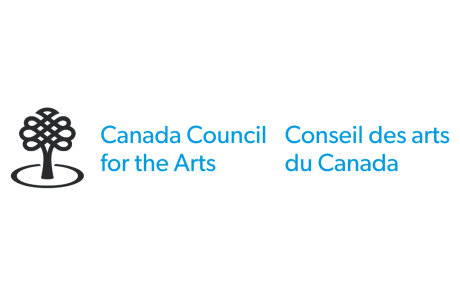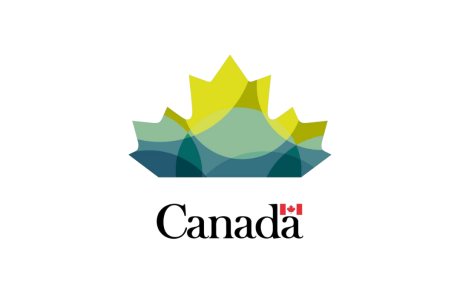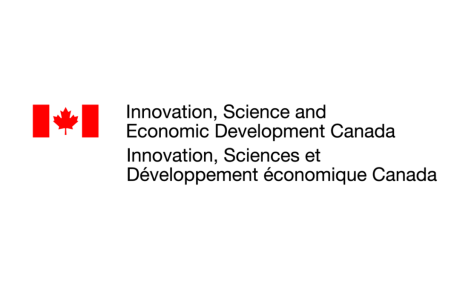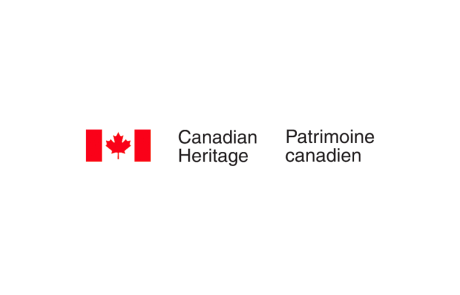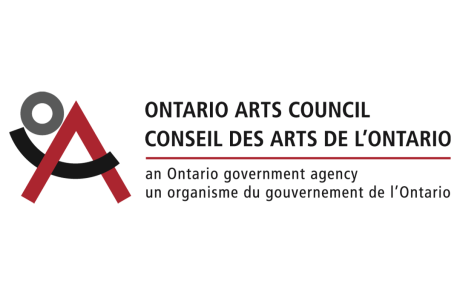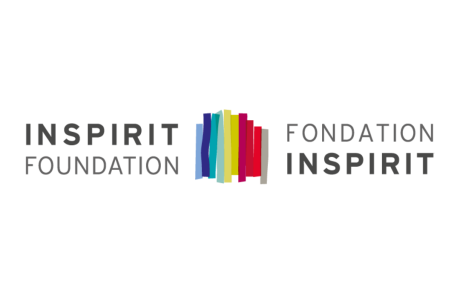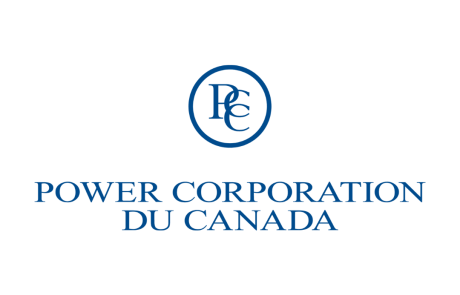Knowledge in Story Telling
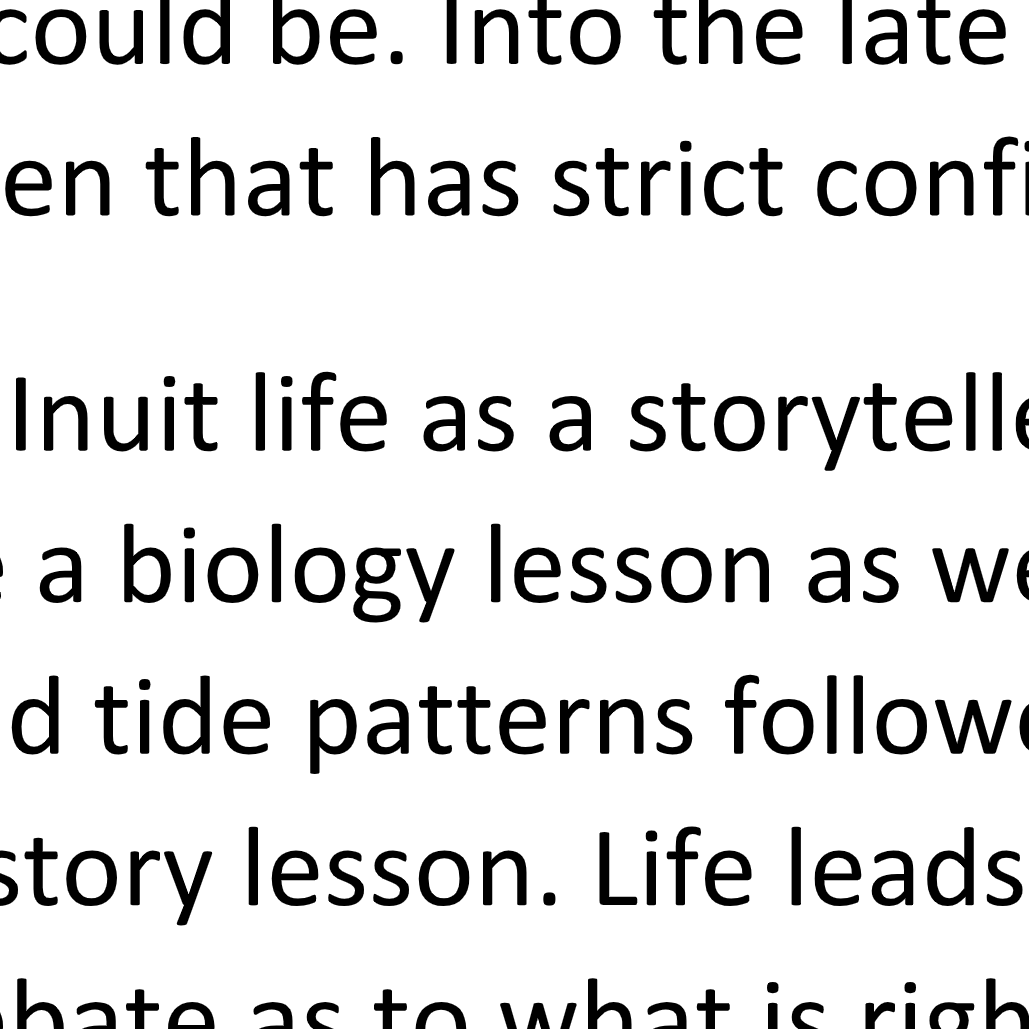
Part of the ACC/CCA’s Knowledge Within Us digital publication.
In some ways oral transference of knowledge can be better than written. There is a carrying of emotion and tone in the voice that even the greatest of writers will struggle to find. Tone, intention, and pitch, all intrinsic parts of the individual, can be taught to be modulated to fit another in a way that no book can ever do. Writing and oral forms of spreading knowledge each have their own advantages and disadvantages, but with the ways we employ new technologies, oral story telling is bridging any perceived gaps in the quality of the two. With audio recording and data transfer the accuracy of knowledge reproduction can no longer be doubted. Access to such learning can be more widely distributed throughout a far-flung population such as has come about in recent times. This ideal of personal learning and teaching can be more widely practiced in both educational spaces and through art.
Within the theatre of education, and there is theatre in all forms of teaching, storytelling holds an advantage in that its learners are more intrinsically aware of the theatrics. Where western forms of learning include hierarchical podiums and auditoriums complemented by diagrams and charts, storyteller is not a storyteller without the ability to create an entire world for their audience, being able to carry along their learners wherever and whenever they dictate. And they can achieve this from a place of equality like earning storytelling as a skill over a fire or around a table and a cup of tea. This is how I was taught as a child and how younger members of my community are taught still. Story by story in the time that the stories are needed.
This system of learning can be difficult to uphold in the current world as the demands on the time of all are stressed. The colonial schooling systems in place across North America are draining from grade school up through universities. They leave those they empower with knowledge so exhausted that embracing that knowledge and carrying it into the world in a productive way can lead to burn out. In the rigid design of a western education, knowledge is not as reflexive of individual or even a societal need as it could be. Into the late years of specialized schooling a learner can decide what to specialize in but even that has strict confines as to what is appropriate learning.
In Inuit life as a storyteller, all chores and events are an appropriate time to learn… a caribou hunt can be a biology lesson as well as an animal behavior study, a whale hunt leads to learning about currents and tide patterns followed by the phases of the moon. Any lull in a day’s activity is a perfect time for a history lesson. Life leads learning, and so does the ebb and flow of society with large events causing debate as to what is right and wrong, with the voices of all holding weight. In the north, a few dissenters leaving and not contributing to the family group could cause starvation for everyone, leading to the voices of all being heard as even younger children had important roles to play within family structures in the arctic. With this mentality of egalitarian decision making, the importance of universal education is heightened. Every parent and community member must work toward the education of all, leading to a high level of general education.
This type of contextual general education eventually leads to specialization of necessity where families and community groups who frequently repeat specific tasks specialize in the way that their knowledge is held within a group, so the family depends on the expertise of one individual in the way western academia leads to individualism in education. Specialization in western academia as an ideal is a means of moving up or maintaining one’s place in the class systems established within capitalism. This works to maintain a momentum of oppression, restricting education and political power to who has the means to obtain it and inclination to maintain this balance of power. Stemming from pre-Columbian Europe, for any meaningful change to occur the oppressed must agree that their oppression is unjust and agree on a way to change it. This only occurred slowly after contact with the Americas. Inuit context-based specialization is learning that is dictated by the world around you and the situations you can create. Real world needs drive real world situations where from a young age, children watch their elders until they know what to do and can practice their trade with their peers.
This is where storytelling comes in so strongly, as a means of creating context. Storytelling can place you in a totally different situation from your own and make you consider points of view that would have previously been unthinkable as they did not affect the learner. But with storytelling you can place your audience wherever it is you wish them to be and consider the point of view of the character(s) or situation in which they are placed. Within this ideal in which entertainment and learning co-mingle, learning is a constant in the world.
This type of context-based learning through storytelling and oral history is akin to western apprenticeships which even to this day are highly prized forms of learning, under the modern branding of internship.Theory becomes practice and learned behaviour becomes second nature. Through the instruction of a pupil the professional gains a new understanding of the basics of their craft and the learner can observe all the intricacies of their chosen profession. In Inuit society this is a normal situation…southern culture has made this mode of learning increasingly more class restricted.
Here is where we are, a place where the conflicting nature of learning in Inuit and Western societies collide. The difference lies in the personal learning with the ideal of collective survival, in opposition to group learning with individualistic gain and class distinction.
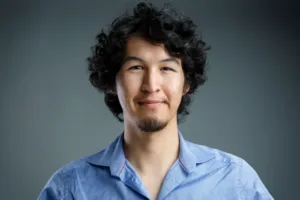 Tom Mcleod is an Inuvialuk storyteller and multimedia artist based out of Toronto, Ontario and Aklavik, Northwest Territories in the Inuvialuit Settlement Region. He is also a Silver Birch Express nominated author for his book The Delta is my Home, a children’s information book that focuses on life in the north and a particularly dramatic spring where the town of Aklavik flooded. Tom is a former CBC radio personality with a show on CBC Northbeat, where he would tell stories of on-the-land and traditional Inuvialuit and Gwich’in activities, such as hunting, trapping, fishing and travelling his traditional lands across the NWT and Yukon. He also has experience as a television producer with the Inuvialuit Communications Society (ICS), where he produced television and commercial content, as well as a social media producer for the Inuvialuit Regional Corporation (IRC), where he created educational and informative content for the people of the North. In the pre-Covid day’s he would work within publication and gallery art settings as a curator and creator. During the Covid times Mcleod is more of a
Tom Mcleod is an Inuvialuk storyteller and multimedia artist based out of Toronto, Ontario and Aklavik, Northwest Territories in the Inuvialuit Settlement Region. He is also a Silver Birch Express nominated author for his book The Delta is my Home, a children’s information book that focuses on life in the north and a particularly dramatic spring where the town of Aklavik flooded. Tom is a former CBC radio personality with a show on CBC Northbeat, where he would tell stories of on-the-land and traditional Inuvialuit and Gwich’in activities, such as hunting, trapping, fishing and travelling his traditional lands across the NWT and Yukon. He also has experience as a television producer with the Inuvialuit Communications Society (ICS), where he produced television and commercial content, as well as a social media producer for the Inuvialuit Regional Corporation (IRC), where he created educational and informative content for the people of the North. In the pre-Covid day’s he would work within publication and gallery art settings as a curator and creator. During the Covid times Mcleod is more of a
writer and fisherman.


